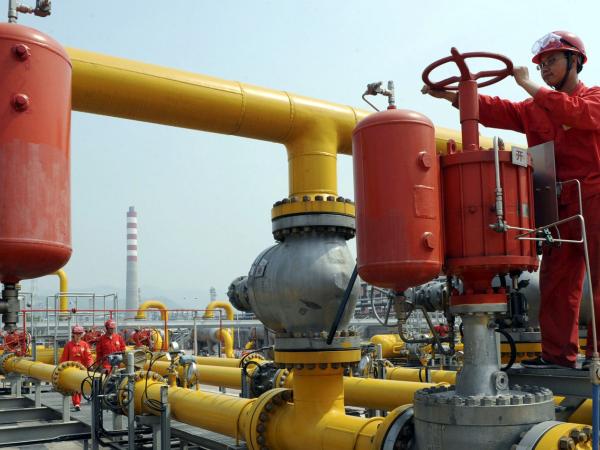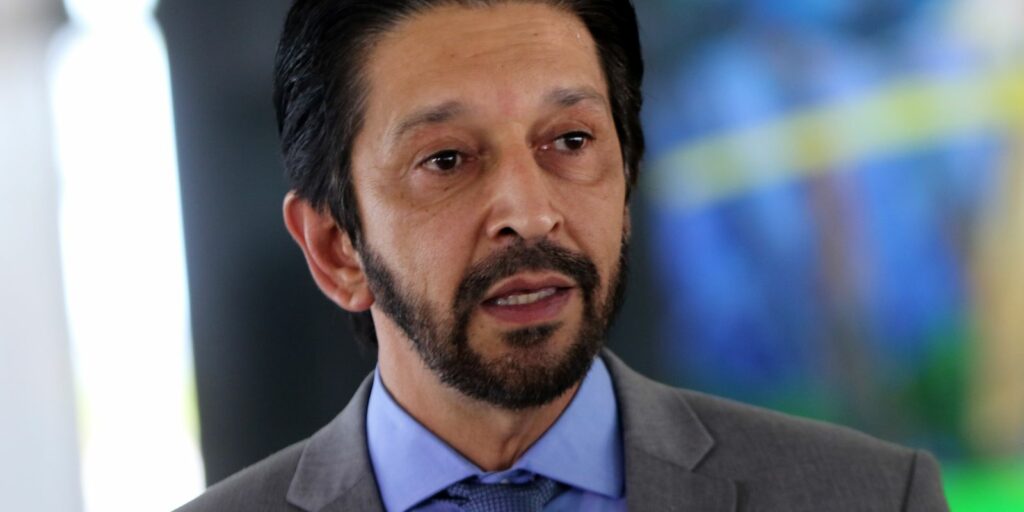The ministries of Treasury, Mines and Energy, and Commerce announced the position of the National Government on what has been called the ‘fair and sustainable energy transition’.
(See: Venezuelan gas does not meet environmental requirements to be imported).
In a joint statement, the portfolios stated that “The Government of Colombia has the fundamental objective of advancing a fair and sustainable energy transition, which seeks to ensure the country’s energy sovereignty, democratic access to energy and clear actions to face climate change.“.
(See: Hydrocarbon policy in Colombia).
To achieve this transition, they added, work will be done gradually and there will be five fundamental axes:
– Greater investments in clean energy and decarbonization.
– Progressive substitution of demand of fossil fuels.
– Review and eventual relaxation of the regulation to speed up the generation of clean energy.
– Review and eventual relaxation regulation to accelerate the generation of clean energy.
– Reindustrialization of the Colombian economy. The times of the energy transition will depend on the results of these axes, in such a way that progress is made in conjunction with the export transition, with a more diversified economy, less dependent on oil and coal, and at the same time with fiscal and macroeconomic sustainability.
Of course, to achieve this transition, the ministries reported, there is a comprehensive strategy on which they will be based. It highlights that the exploration and exploitation of liquid fuels and gas will continue, “promoting the self-sufficiency of the energy matrix“.
(See: Ecopetrol’s plan if the Government decides not to do ‘fracking’).
Other keys to the strategy to be adopted are:
– Stimulating the diversification of the export basket with emphasis on agro-industry, manufactured products and the transformation of the export model from primary energy resources to intermediate products and final use (with higher added value).
– Convert Colombia into one of the main tourist centers in the region.
– Continue with the gradual elimination of subsidies to the consumption of liquid fossil fuels.
(See: Carf estimates a 30% drop in investment due to non-oil exploration).
– Promote exploration, production and industrialization of critical minerals, for example, copper, cobalt and lithium.
– Continue advancing in mining-energy production carbon neutral.
Tourism.
TIME
From the Government they also said that they will constantly evaluate these aspects and that, next May, the Reserves Report of the National Hydrocarbons Agency will be analyzed, “a key source of information for public policy decisions“.
With this document, it was added, it will be possible to know the balance of exploration contracts “and its effects on oil production and exports and on gas production“.
BRIEFCASE














